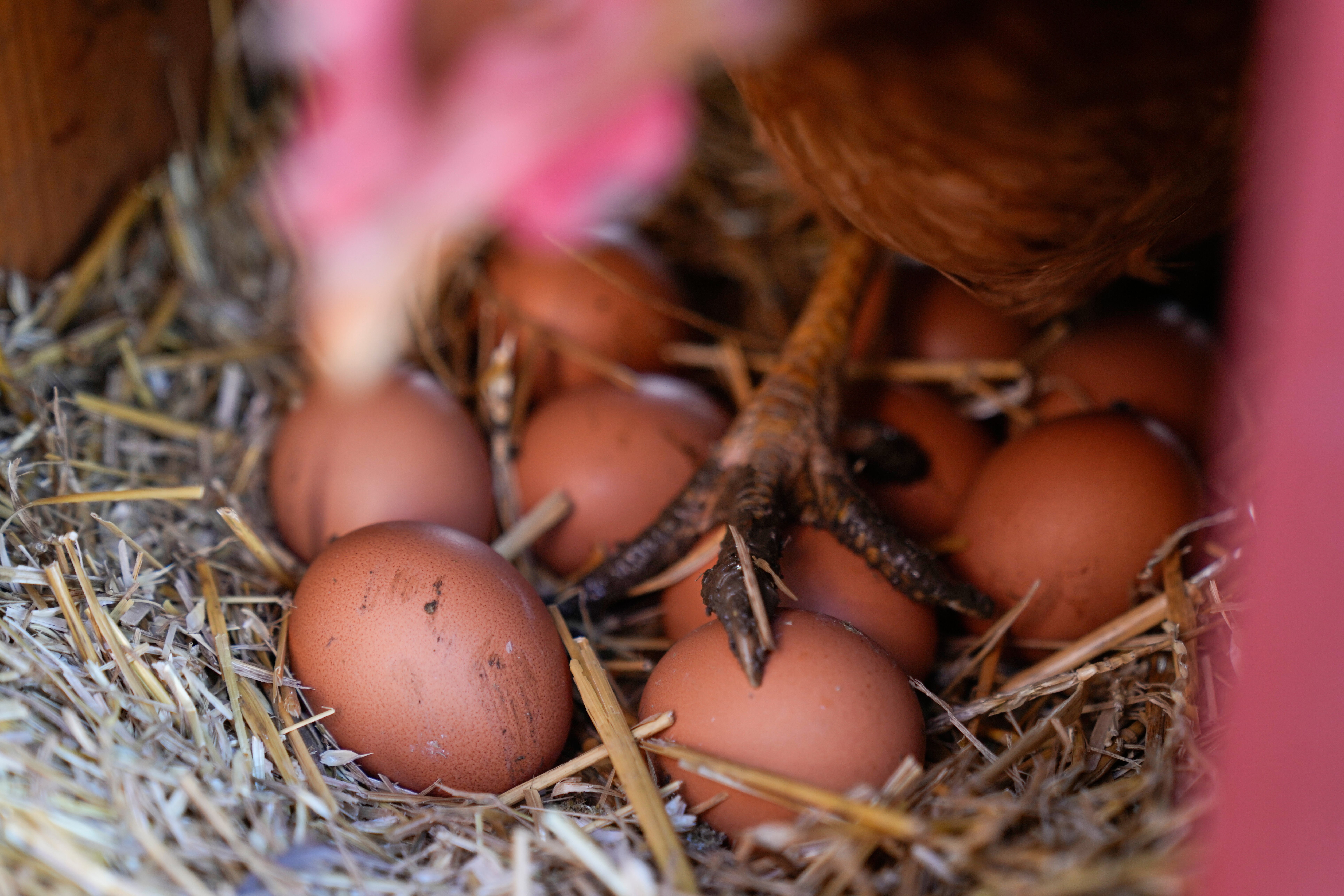
Want to avoid a yolky mess when hard-boiling eggs? Try dropping them in sideways. Experiments with over 200 eggs reveal they're less likely to crack when falling on their side, potentially preventing those stray fissures that release egg white into the boiling water.
While this might not revolutionise your morning scramble – cracking an egg around the middle remains the best way to access the yolk – it could offer a helpful tip for smoother hard-boiled eggs.
It's often assumed that eggs are strongest at their ends, mimicking how they're packaged. The rounded bottom is thought to deflect impact. However, compression tests show eggs crack under the same force whether squeezed from the ends or the sides.

“The fun started when we thought we would get one result and then we saw another,” said Hudson Borja da Rocha with Massachusetts Institute of Technology, who helped run the experiments.
The researchers also ran simulations and dropped eggs horizontally and vertically from three short heights up to 0.4 inches (10 millimeters).
The egg result? The ones dropped horizontally cracked less .
“The common sense is that the egg in the vertical direction is stronger than if you lay the egg down. But they proved that's not the case,” said materials scientist Marc Meyers with the University of California, San Diego who was not involved with the new study.
Scientists found that the egg's equator was more flexible and absorbed more of the energy of the fall before cracking. The findings were published Thursday in the journal Communications Physics.
Eggs are also usually nestled top-down into homemade contraptions for egg drop challenges as part of school STEM projects, which partially inspired the new study. It's not yet clear whether the new results will help protect these vulnerable eggs, which are dropped at much loftier heights.
It's a bit counterintuitive that the oblong side of an egg could hold up better against a tumble, said study co-author Tal Cohen with Massachusetts Institute of Technology.
Countless broken eggs show "the courage to go and challenge these very common, accepted notions,” Cohen said.







